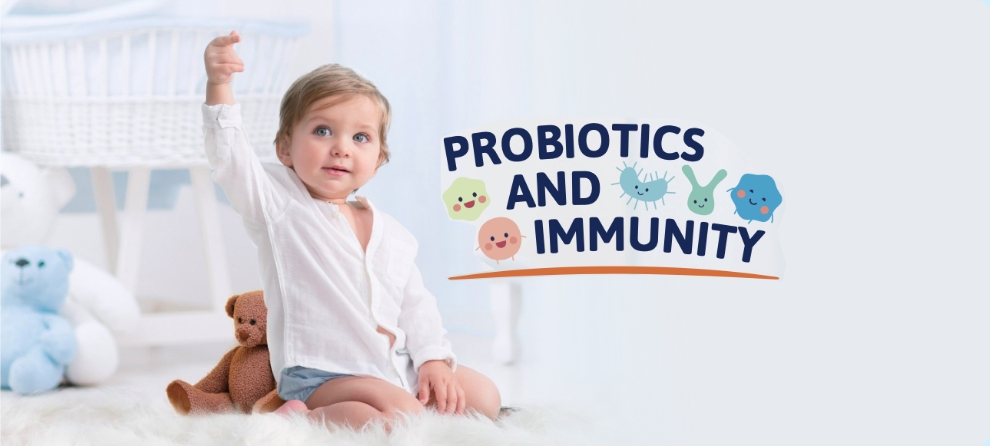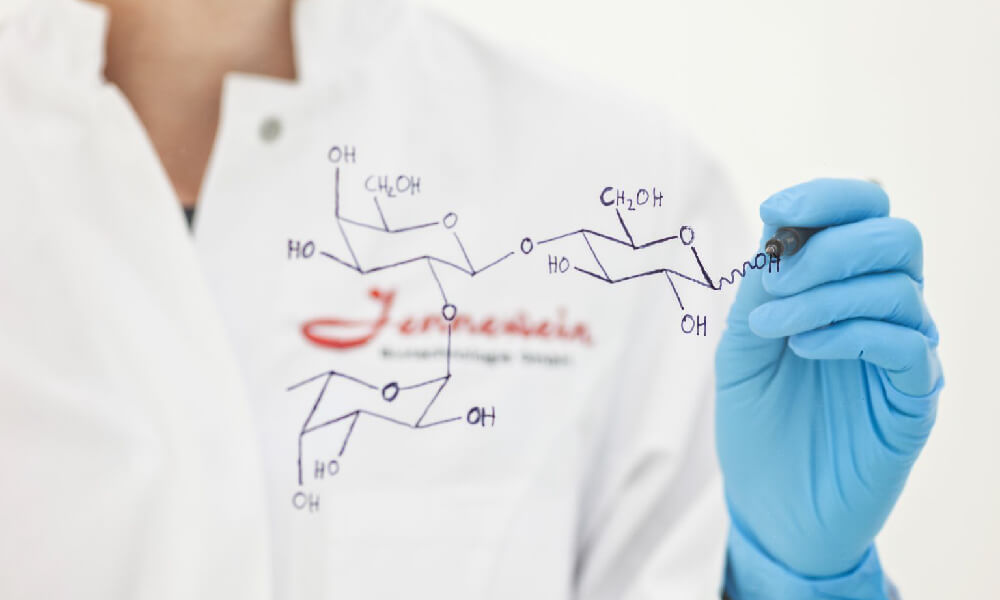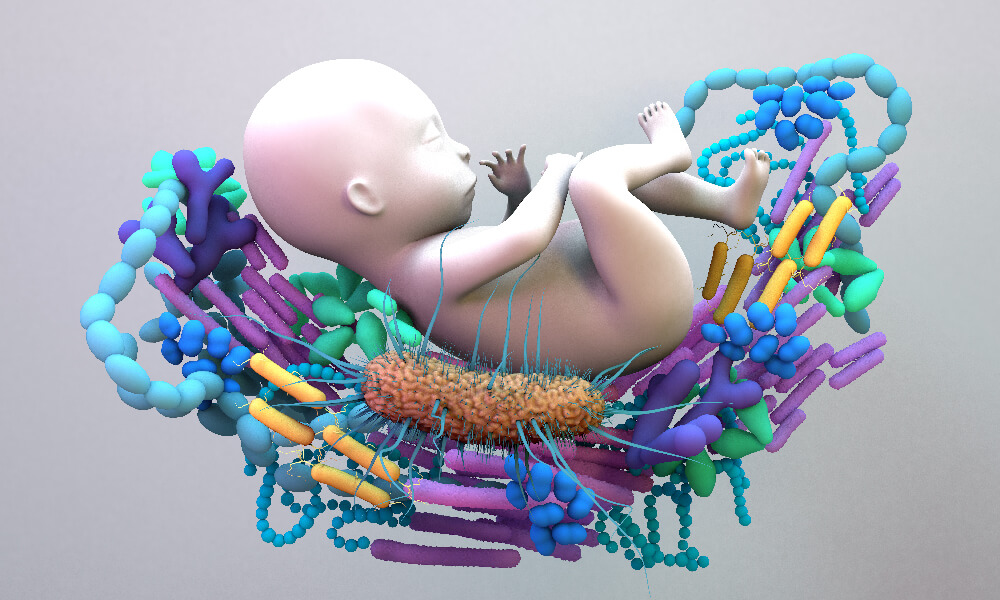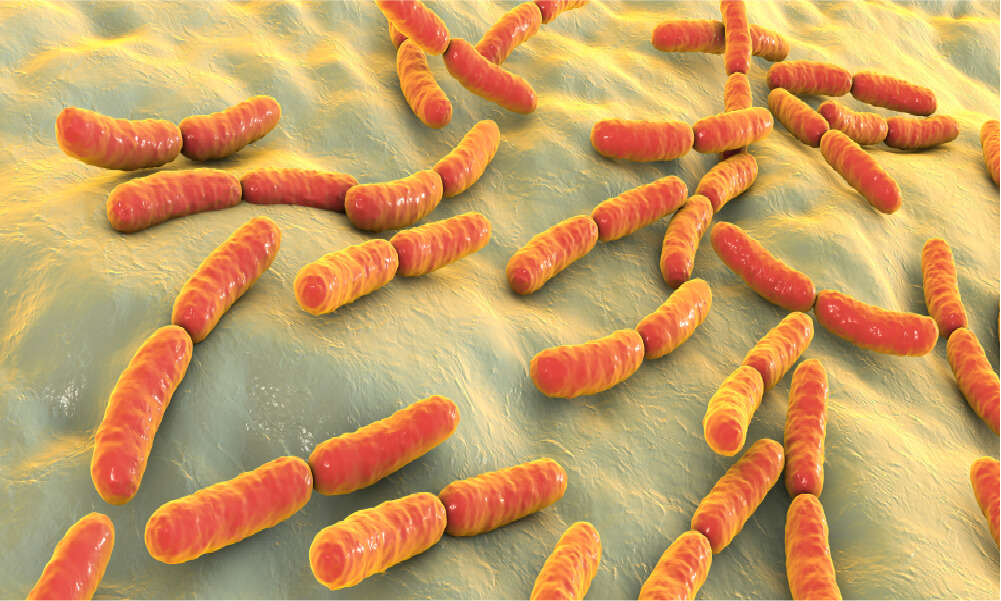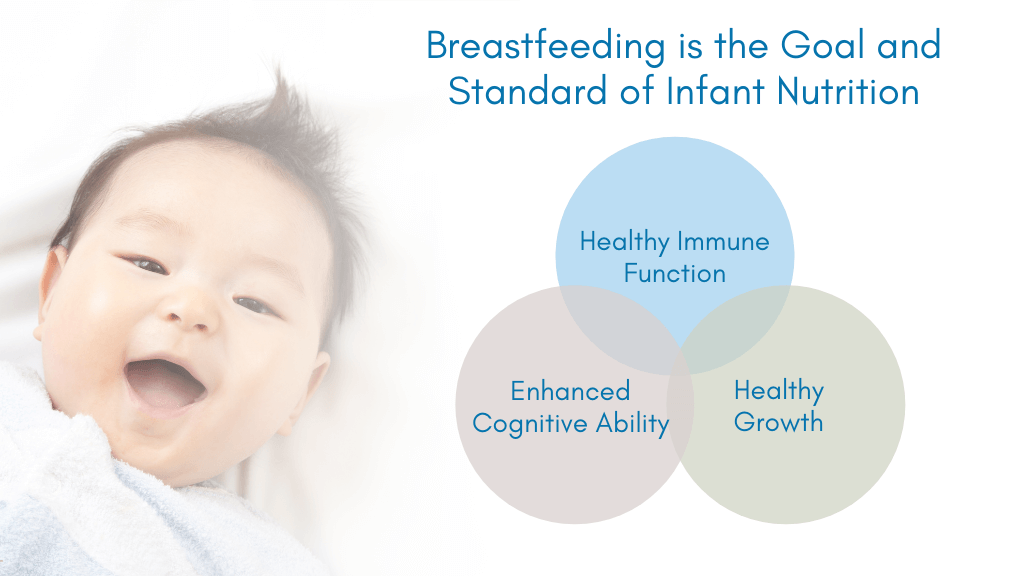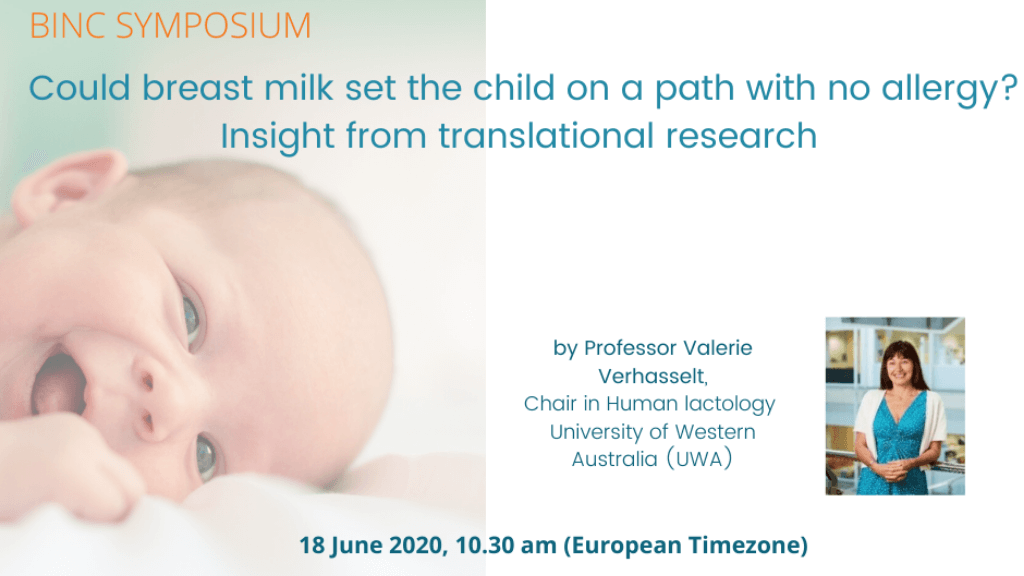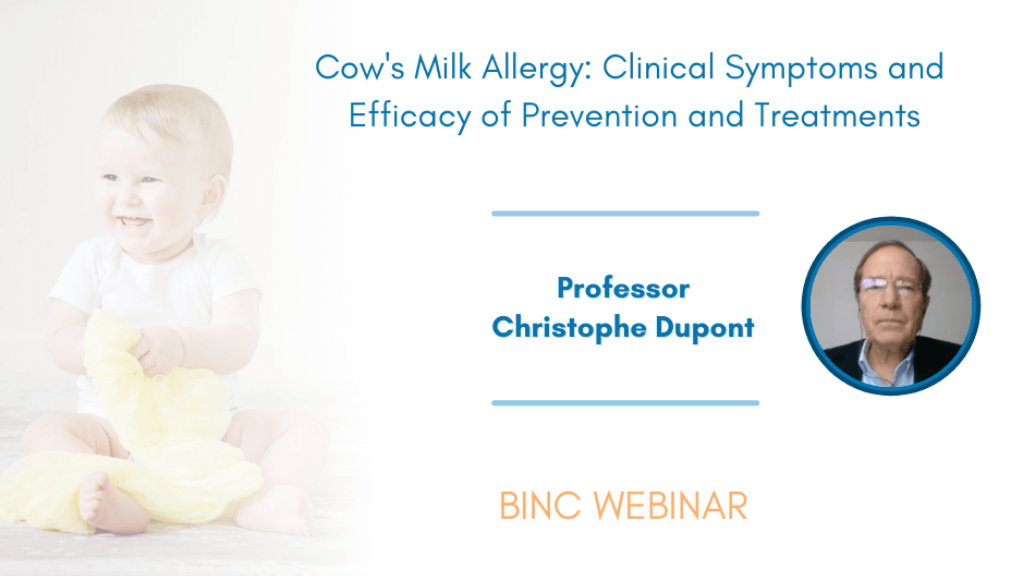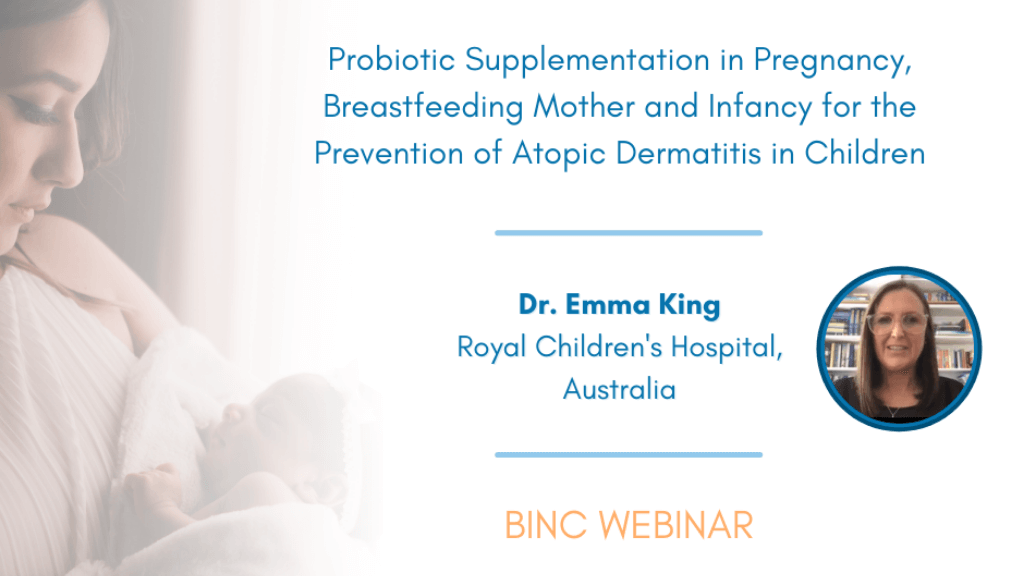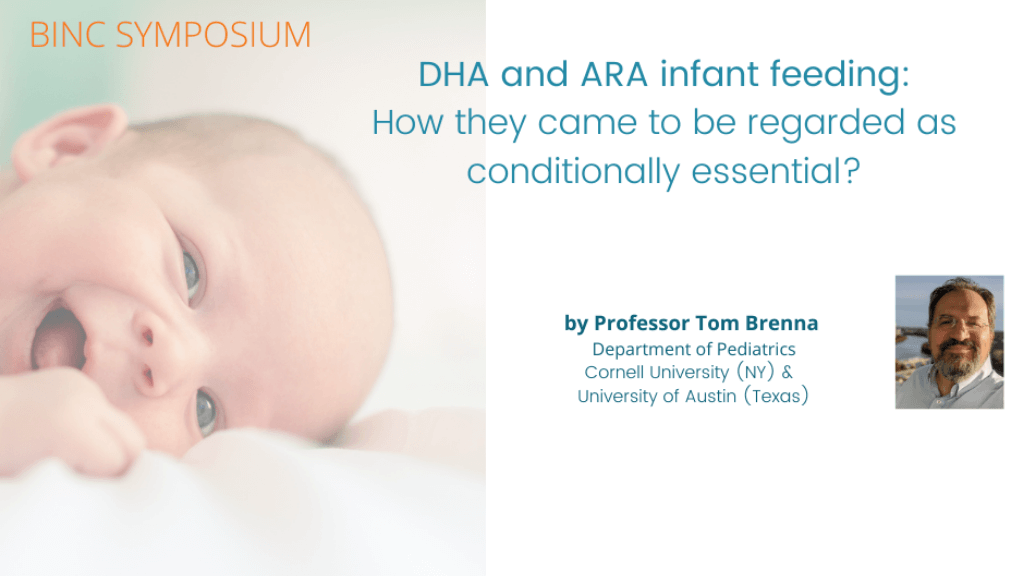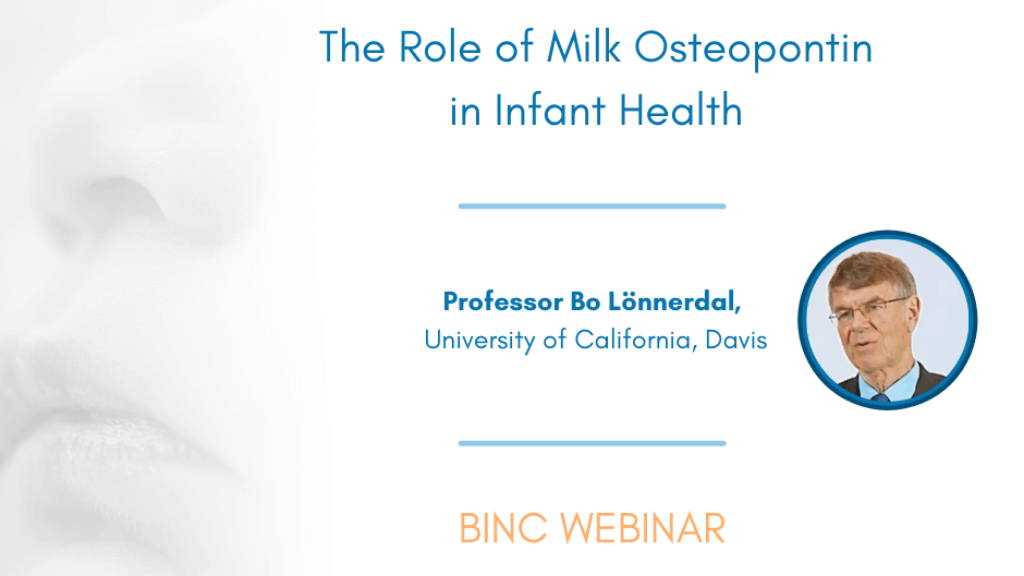Community Driven Metabolism of Human Milk Oligosaccharides by A Consortia of Bifidobacteria Spp
- Topical Area: Nutrition/The gut microbiome
Bifidobacteria are associated with a host of health benefits and are the most widely used probiotics in humans. These bacteria are highly abundant in the intestinal microbiota of healthy breastfed infants. Infant-associated Bifidobacteria spp. include Bifidobacterium longum subsp. infantis, Bifidobacterium bifidum and Bifidobacterium breve. A key adaptation, facilitating the establishment and dominance of these species in the breastfed infant gut microbiota, is an ability to consume and metabolise specific sugars only found in breastmilk which are indigestible by the infant, known as Human Milk Oligosaccharides (HMO). In this study, we aimed to characterise the metabolic capability and co-operative metabolism of a community of four commercial infant Bifidobacterium strains when grown on HMO.
Phenotypic profiling was performed on the four-strain combination (Bifidobacterium longum subsp. infantis x 2, Bifidobacterium bifidum and Bifidobacterium breve) when culture on HMO to understand the physiology and mechanisms underlying HMO utilization in a community environment. Metabolism was measured using growth curves, HMO-High Performance Liquid Chromatography (HPLC) depletion and organic acid analysis (combination of Gas Chromatography Mass Spectrometry and HPLC). Each analysis was performed using three different HMO substrates (2′-fucosyllactose alone and oligosaccharides isolated from human milk representing non-secretor and secretor status). Media with no carbohydrate source was used as a control.
The four-strain combination resulted in total Bifidobacterium numbers increasing (>16%, p≤0.05) in comparison to single strain cultivation. Over a 24 hour period, the relative abundance of B. breve increased by >50% during co-cultivation with the other strains despite demonstrating limited ability to consume HMO in pure culture. Growth of the strains on secretor HMO resulted in an increase in growth of 14% and 64% when compared to non-secretor HMO and 2′-FL, respectively. HPLC analysis revealed that an increasing number of HMO were consumed by the bacteria over time. Metabolomics confirmed the production of formate, acetate, 1,2-propanediol and lactate. An overall increase in health-promoting organic acids was noted during co-cultivation of all four strains, thus, demonstrating that syntrophic relationships between bifidobacterial strains, increases flux along central metabolic pathways.
This data highlights the cooperative nature of bifidobacterial strains which may reflect their behaviour within an infant ecosystem and how sharing HMO resources maximises nutrient consumption from the diet. The synergistic effect of multiple HMO structures and multiple Bifidobacterium strains results in higher cell numbers and a healthier balance of metabolites, which may have potential health implications for the host. We propose that this social behaviour adds to the diversity and dominance of Bifidobacterium in early life and highlights opportunities for the development of new diet and microbiota based therapies to promote infant health.
Teagasc Food Research Centre, Moorepark, Food Bioscience, Cork, Ireland, H&H Group, Global Research and Technology Center, Cork, Ireland, APC Microbiome Institute, University College Cork, School of Microbiology, Cork, Ireland
Are you a Healthcare Professional?
Important Notice and Declaration
Breast milk is best for babies. Professional advice should be followed before using an infant formula. Introducing partial bottle feeding could negatively affect breast feeding. Good maternal nutrition is important for breast feeding and reversing a decision not to breast feed may be difficult. Infant formula should always be used as directed. Proper use of an infant formula is important to the health of the infant. Social and financial implications should be considered when selecting a method of feeding.
The information provided on this website is intended for use by healthcare professionals only. It is a condition of use of this site that you are a healthcare professional within the meaning of regulations within your country of practice. Then denoting below Yes I am/No icons. For Healthcare Professionals based in Australia : It is a condition of use of this site that you are a healthcare professional within the meaning of the Marketing in Australia of Infant Formulas (MAIF) Agreement or the Therapeutic Goods Act.

